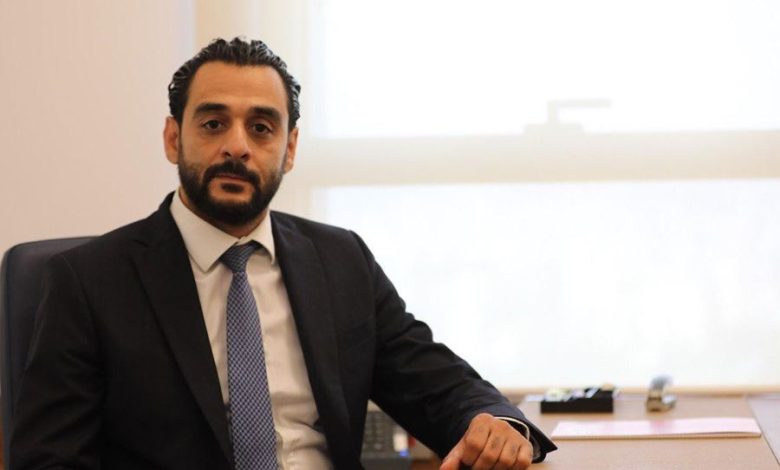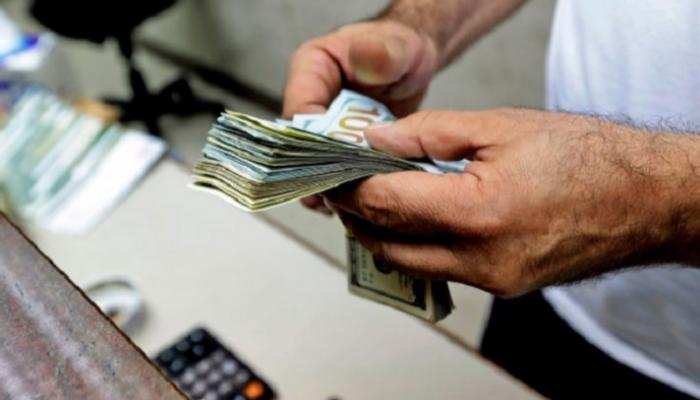محمد أبو حيدر: خسائر الحرب تجاوزت 15 مليار دولار والإصلاحات ضرورة لإنقاذ الاقتصاد اللبناني
أكد مدير عام وزارة الاقتصاد في لبنان، محمد أبو حيدر، في مقابلة مع قناة MTV، أن الخسائر التي تكبدها الاقتصاد اللبناني نتيجة الحرب تقدر بين 12 إلى 15 مليار دولار، مشيرًا إلى أن البلاد فقدت أكثر من 50% من الناتج المحلي الإجمالي جراء هذه الخسائر المباشرة. وأوضح أبو حيدر أن تداعيات الحرب أضرت بشدة بالاقتصاد الوطني، وأدت إلى عرقلة الاستفادة من موسم الأعياد، لكن أشار إلى وجود بارقة أمل إذا تم تنفيذ الإصلاحات اللازمة.
وأشار أبو حيدر إلى أن الأزمة الاقتصادية تتطلب إجراءات إصلاحية جذرية، مؤكداً أن التحديات التي يواجهها لبنان تتطلب تنفيذ إصلاحات شاملة في مختلف القطاعات، مع التركيز على تحسين بيئة الأعمال وحماية المؤسسات الإنتاجية. وأضاف أنه يجب إعادة النظر في الاتفاقات التجارية مع سوريا لضبط الحدود ومنع عمليات التهريب التي تستنزف الاقتصاد اللبناني.
في سياق محاربة استغلال الأزمة، قال أبو حيدر: “لقد قمنا بإحالة عدد من تجار الأزمات إلى القضاء”، مضيفًا أن الوزارة تعمل بشكل مستمر على مراقبة الأسعار ومتابعة جودة الخدمات لتخفيف الأعباء عن المواطنين. ولفت إلى أن حماية المؤسسات الشرعية ودعم القطاعات الإنتاجية أمر أساسي لتعافي الاقتصاد.
وشدد أبو حيدر على أن الإصلاحات المطلوبة تتطلب جهودًا متكاملة بين مختلف الجهات الحكومية والقطاع الخاص لتحقيق التنمية المستدامة. وأكد أن ضبط الحدود ومحاربة الاقتصاد غير الشرعي هما من أولويات الحكومة في المرحلة المقبلة لضمان عودة الاستقرار الاقتصادي.
Mohammad Abu Haidar: The War Losses Exceeded $15 Billion, and Reforms Are Crucial to Save the Economy
The Director General of the Ministry of Economy in Lebanon, Mohammad Abu Haidar, confirmed in an interview with MTV that the war has cost the Lebanese economy between $12 and $15 billion, noting that the country has suffered more than 50% of its GDP in direct losses. He explained that the war's consequences hindered the country from benefiting from the holiday season but pointed out that there is a glimmer of hope if the necessary reforms are implemented.
Abu Haidar stressed the importance of revisiting trade agreements with Syria to regulate borders and prevent smuggling, which drains the national economy. He also emphasized the need to protect legitimate institutions and support productive sectors to ensure the economic recovery.
Regarding efforts to combat exploitation of the crisis, Abu Haidar stated, “We have referred several crisis profiteers to the judiciary,” adding that the ministry is continuously monitoring prices and following up on service quality to ease the burdens on citizens. He pointed out that the required reforms need integrated efforts to ensure sustainable development.
Abu Haidar also noted that border control and combating the informal economy are top priorities in the upcoming phase, as they are essential for Lebanon’s recovery and stability.
Translated by economyscopes team
المصدر: رصد موقع سكوبات عالمية إقتصادية
 سكوبات عالمية إقتصادية – EconomyScopes إجعل موقعنا خيارك ومصدرك الأنسب للأخبار الإقتصادية المحلية والعربية والعالمية على أنواعها بالإضافة الى نشر مجموعة لا بأس بها من فرص العمل في لبنان والشرق الأوسط والعالم
سكوبات عالمية إقتصادية – EconomyScopes إجعل موقعنا خيارك ومصدرك الأنسب للأخبار الإقتصادية المحلية والعربية والعالمية على أنواعها بالإضافة الى نشر مجموعة لا بأس بها من فرص العمل في لبنان والشرق الأوسط والعالم




